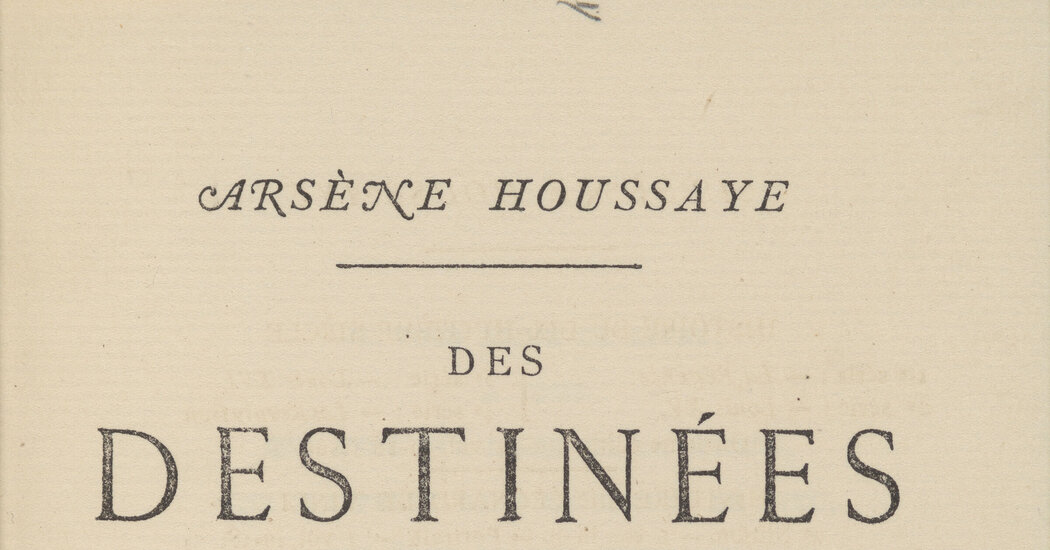- cross-posted to:
- [email protected]
- cross-posted to:
- [email protected]
The decision to find a “respectful final disposition” for human remains used for a 19th-century book comes amid growing scrutiny of their presence in museum collections.
Of the roughly 20 million books in Harvard University’s libraries, one has long exerted a unique dark fascination, not for its contents, but for the material it was reputedly bound in: human skin.
For years, the volume — a 19th-century French treatise on the human soul — was brought out for show and tell, and sometimes, according to library lore, used to haze new employees. In 2014, the university drew jokey news coverage around the world with the announcement that it had used new technology to confirm that the binding was in fact human skin.
But on Wednesday, after years of criticism and debate, the university announced that it had removed the binding and would be exploring options for “a final respectful disposition of these human remains.”



.
As I said, they would argue Gage’s remains have educational value while the book does not. I do not agree with that. Either both have educational value (and the book arguably does too) so they should be kept, or neither does.
.
No, I did read it. I just don’t think that Gage’s acquisition was any more ethical. Even if his relatives donated it to the physician, I would say that-
A) Gage himself did not consent and it should have been his choice, not his relatives’ choice
and
B) The subsequent history was basically the doctor donating the skull he was given, again without any consent, and the value seems to be “look at the weird thing happened once to this one person and is unlikely to happen again,” which is basically the same as getting your skin bound as a book except there are multiple examples of that.
What is the actual educational value of Gage’s skull? What makes giving someone a body part without their permission and the receiver then passing it along elsewhere ethical?
I simply disagree with their assessment that Gage’s skull is any more ethical or has any more educational value than a book bound in human skin. Both are preserved as curiosities. Either keep both or get rid of both.
But personally, I think both happened so long ago and weren’t the result of colonialism or slavery, so I have no issue with either one.
Besides, that’s not even the only book bound in human skin in Massachusetts, so this is mostly virtue signaling from my perspective.
Did Gage specify what he wanted done with his remains? (I don’t know the answer to that.) If a person doesn’t specify, I would accept the choice of their next-of-kin as ethical.
I don’t know the answer to that either, but I doubt the answer was “put me on display in a museum for 164 years.”